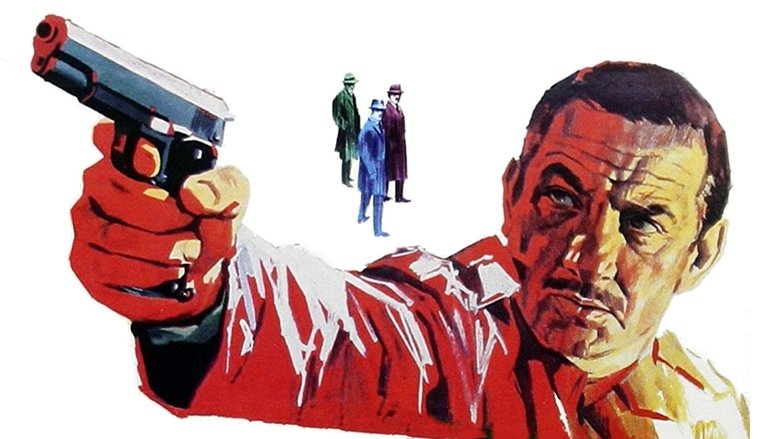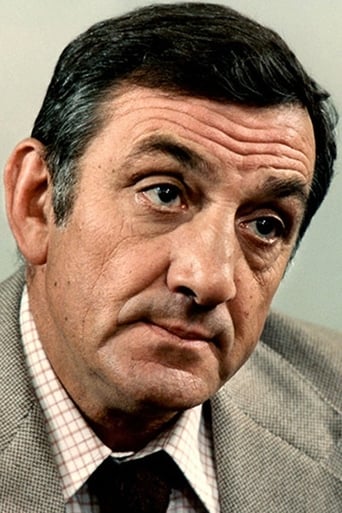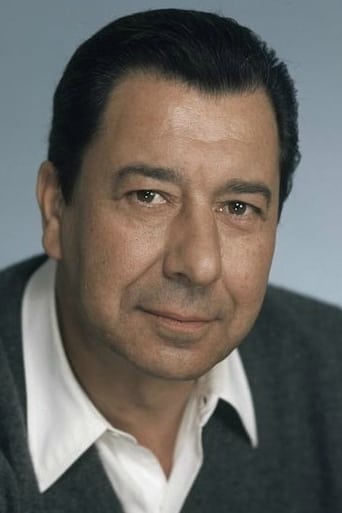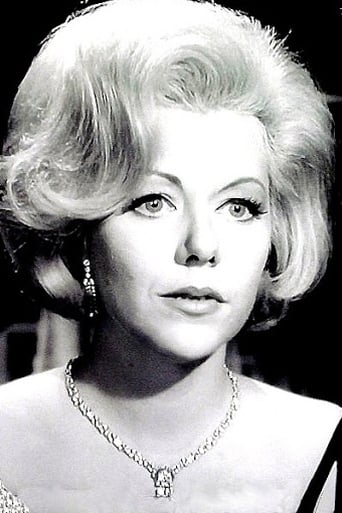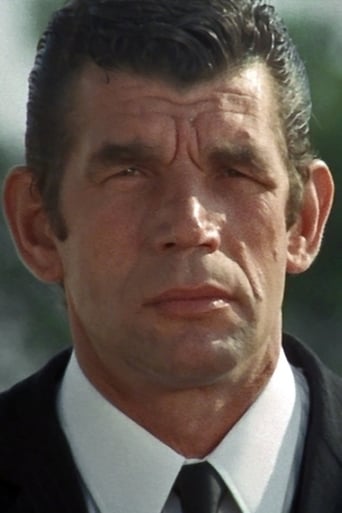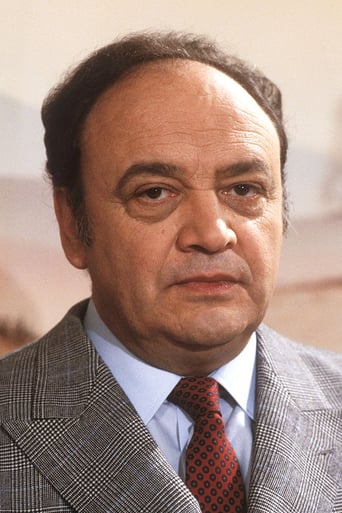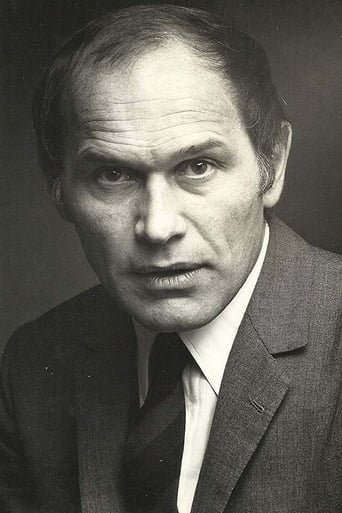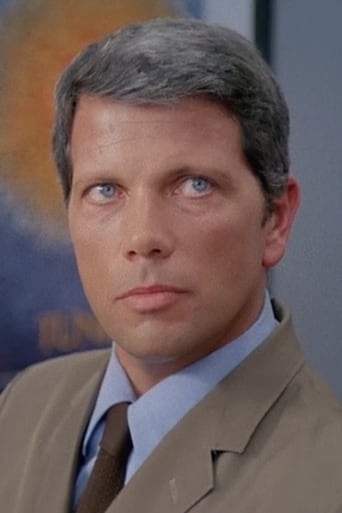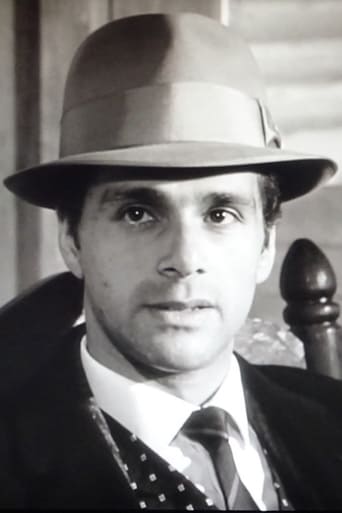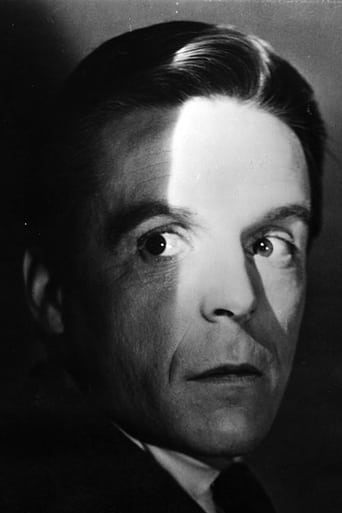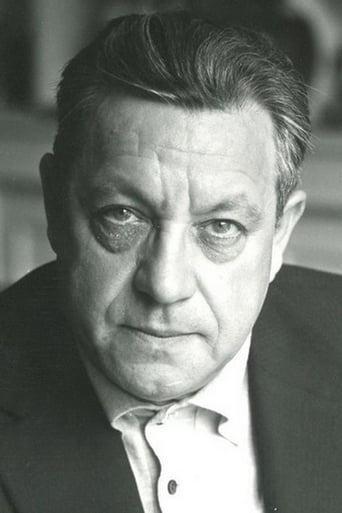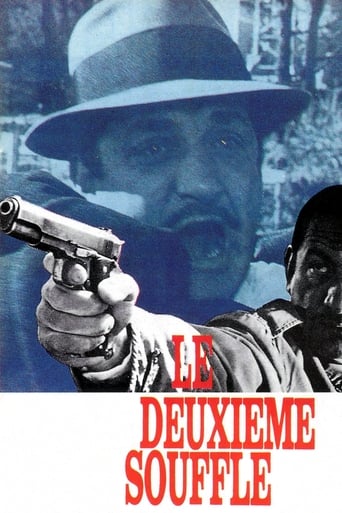
A gangster escapes jail and quickly makes plans to continue his criminal ways elsewhere, but a determined inspector is closing in.
Similar titles
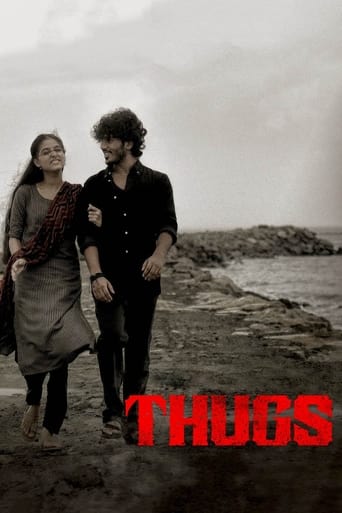

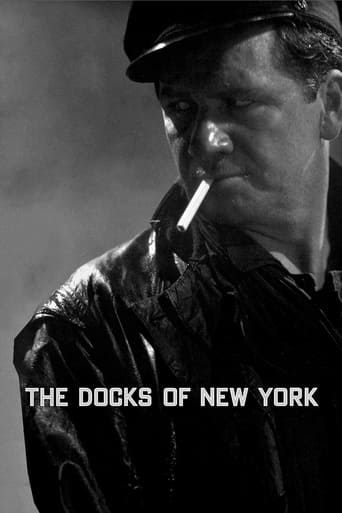
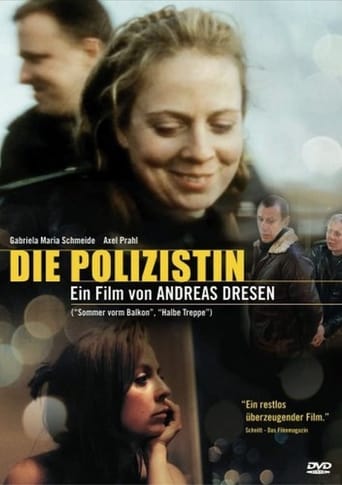

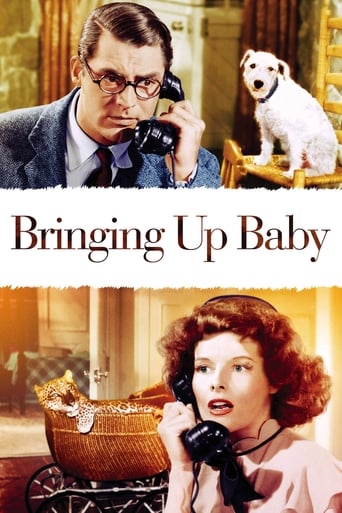

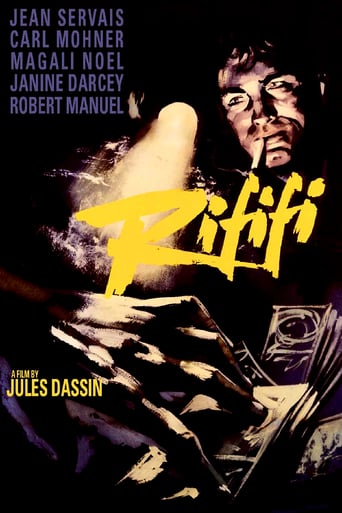
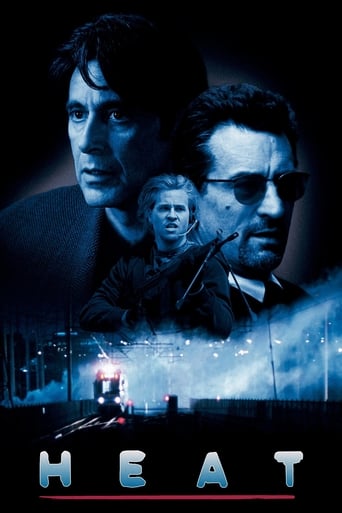
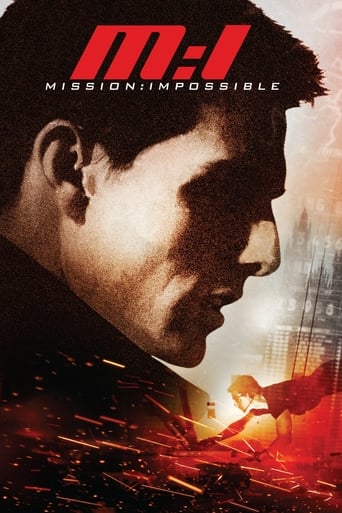
You May Also Like
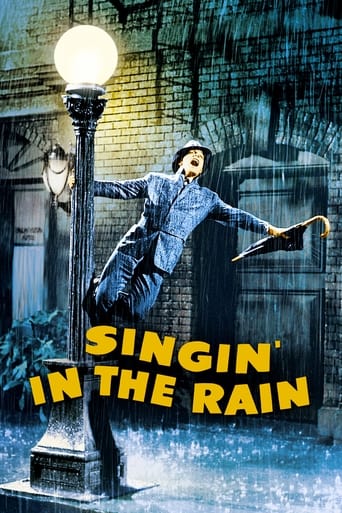
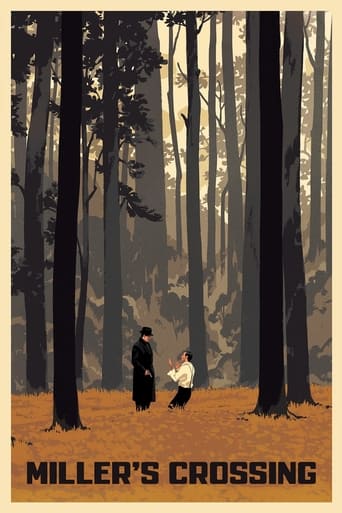
Reviews
I was totally surprised at how great this film.You could feel your paranoia rise as the film went on and as you gradually learned the details of the real situation.
It's the kind of movie you'll want to see a second time with someone who hasn't seen it yet, to remember what it was like to watch it for the first time.
There's no way I can possibly love it entirely but I just think its ridiculously bad, but enjoyable at the same time.
Blistering performances.
What I find is that a great film of great length, whether slow paced or not, is life a sheep in wolf's clothing. However intimidating a run time may look, the greats go by quicker than many 90 minute efforts. Whether it's Solaris(1972) and Andrei Rubev(1966) in just short o9f 3 hours, or Seven Samurai(1954) and Godfather II(1974) in excess of 200 minutes, there films to me never feel their length and always justify it. While many have commented on "Second Wind" (using the English title for simplicity's sake) running time, rest assured, it too is deceptive.The film opens abruptly into the finale of an escape sequence from prison, giving no breathing room as you are thrown into the action. One man dies but the other two make it out, as we go to an atmospheric opening credits sequence of the two running through the forest, with little to no music. Only one of the escapees is of concern to us, Gustave Minda (regularly called Gu), put behind bars for a train robbery gone wrong. He comes back to his old stomping grounds, rescuing his sister and loyal friend from a pair of thugs. Their murder further brings heat down on him in a case led by Blot, a wise cracking but crafty inspector. Many plot points are running intersect, including a battle over the cigarette business and the forming of a heist, the latter of which Gu is drawn into in order to have some money when he leaves the country. While there are a lot of characters and going ons to keep track of, as long as one is paying attention, following along is simple, as Melville masterfully brings these plot points together.This is a dialogue and character heavy movie, making it more similar to "Bob the Gambler" (1955) than "Le Samurai(1967). While maybe not as snappy as Godard, or Tarantino for a more modern example, Melville's films were always strong in dialogue, and this is no exception. This movie is composed of a string of home running scenes. Whether it's humorous, like inspector Blot's sarcastic rant on the unwillingness of a restaurant's employees and customers to comment on the shooting that had occurred, or serious, such as a trio of gangsters confronting a man they believe set them up, there are no wasted scenes or dull moments, whether five minutes or twenty. There's nothing here story wise that is of particularly new ground: a noir style fatalism, a police force as corrupt as the criminals they pursue, political intrigue and betrayals, however it doesn't matter. Originality is welcome but not necessary in anything, and here we see these familiar threads executed with such enthusiasm, backed by strong performances all around, that it hardly matters whether one has seen these things before. If there is one possibly original aspect, it is in it's ending which I won't spoil here. It's a small, but important moment, and much like his follow up "Le Samurai"(1967), widely open to interpretation.Melville is known for his awesome visuals and mood, and this is no exception. His love of noir is apparent in the perfectly dark lighting, combined with an often minimal soundtrack that aids in creating a mood of dread in many scenes. This is actually a much more subdued effort for Melville in that regard, but it works here as the focus is much more on story and characters.Not to be missed for fans of crime films.
"Le Deuxième Soufflé" is an excellent crime film--mostly because it emphasizes realism as opposed to sensationalism. Now this isn't to say the film isn't exciting, but it certainly is one that has a much slower pace than usual and excessive attention is paid to the details--so much that you'd swear this is almost a crime documentary instead of fiction.The film begins with a daring breakout from prison. Gustave 'Gu' Minda is lucky and makes it over the wall safely. It turns out he was #1 on France's most wanted list ten years earlier and so naturally it makes quite a sensation when he escapes. The first half of the movie have a lot to do with his escape and his life in hiding. However, despite hiding, he does have a few adventures along the way that I won't elaborate on because it would spoil the suspense.A bit later, while waiting for a way out of the country, Gu is a bit bored and jumps at a chance to pull one last job--a very, very BIG job where 800,000,000 francs worth of platinum is on the line. Once the job has been completed, though, the film is far from over and the police naturally are combing the country for Gu and the money--though they really don't know if he had anything to do with it or who his accomplices are.Now there is one minor detail about the film I didn't like. While Gu has changed his appearance and relocated from Paris to Marseilles, he sure seemed pretty out of character late in the film. Despite being such a brilliant and careful prisoner, he takes walks about the city! Why? Well, I have no idea and it's not surprising that he's finally caught. However, once again, there is much more to this 150 minute film--a lot of twists and turns that occur because Gu, though generally amoral, will do anything to convince his fellow criminals that he has a strong sense of honor and integrity. I liked this because it did give him some depth and the finale was indeed exciting.The film is very much like a French version of Film Noir. In general, the French did their Noir a bit later than Hollywood and this continued through the 1960s--after Hollywood had gone on to other things. Making this film in black and white was a great choice, as it heightened the Noir look and it as well as "Bob le Flambeur" and "Le Samourai" are among the best in this French genre. Not to be missed.
Nearly two-and-a-half hours is a long, long time in the movies, especially so when Jean- Pierre Melville is once more demonstrating his passion for hard boiled gangsters. With Le Deuxieme Soufflé (Second Breath), it seems to me that Melville has given us some extraordinary set pieces of heists, shoot-outs and chases...including one roll-along-the-floor while-shooting-a-gun-in-each-hand and-plugging-all-the-guys-who were-going-to-plug-you that now has become a pretty-boy-actor-as-tough-guy cliché. They are embedded, however, in an over-long story featuring yet one more of Melville's existential heroes that he came to obsess about. Melville underlines it all with his stoic gangster code of conduct, illustrated by the pretentious words that start this movie: "A man is given but one right at birth: To choose his own death. But if he chooses because he's weary of life, then his entire existence has been without meaning." Let me tell you something...nothing, nothing will go right as long as Gu Minda, cold-blooded murderer with a soft spot for Manouche, believes his buddies think he ratted them out. The Code won't permit it. Is this to deny that Melville was a great director? Hardly, but it is to recognize that Melville was human: He didn't always make great movies; his preoccupation with gangsters and their fictitious code of conduct was limiting; his indulgence in what passes as "style" in the gangster milieu could appear, in my opinion, downright silly; and as a screenwriter he was capable of some corny gangster dialogue (or at least he was ill-served at times by the subtitle writers). With all this, the director who could give us Army of Shadows, with its terrible themes, its remorselessness and its humanity, is a great director. The director who could give us Bob le Flambeur, with its irony, its humanity and its tight, story-telling prowess, is a great director with a sense of humor. Watch Army of Shadows and Bob le Flambeur (and Le Cercle Rouge) first, then Le Deuxieme Soufflé and Le Samourai...and come to your own conclusions. The devil of it with Le Deuxieme Soufflé is that great stretches of the movie are gripping, Lino Ventura (with that hard, tired face) and Paul Meurisse are first- rate and Melville never lets us have less than a superbly presented series of scenes. But, in my opinion, his series of scenes, some lengthy, don't add up to a tightly realized movie, especially at over two-and-a-half hours. Gu Minda (Lino Ventura) is a cop-killing gangster who has just broken out of prison. Gangsters he knows have been moving in on his turf. Two hoods threaten Manouche, his long-time girl friend (Christine Fabrega), in her apartment. Gu intervenes, and with a friend drives the hoods to the country. Gu guns them down in the car. Inspector Blot is after Gu. Blot is resourceful and relentless. Gu has no money. He's determined on one last heist with a big payday before he and Manouche flee France. Inspector Blot will not make things easy. When Gu realizes his honor has been compromised, he won't leave France until he sets things straight. Don't expect a happy ending. With Melville's code of the existential gangster, there never is. While the plot is simple, Melville embellishes it with any number of twists and turns, sneaky actions, a coincidence or two and some satisfying betrayals, plus a long, extremely well-done set piece on how to hi-jack a van full of platinum. In this gangster movie there is no gangster arm candy, only Manouche. Fabrega was 35 when the movie was released. Lino Ventura was 47. Through the alchemy of genes and make-up, they make their characters about same age. Fabrega looks her years and is all the more believable because of this desirable maturity. She gives to Gu what little sympathy we have for him. It would be difficult to say -- between Ventura with Gu's grim, murderous honor and Meurisse with Blot's sardonic realism and intelligence -- who gives the film more interest. It might depend on your tolerance for thug killers who agonize about their reputations.
I saw this at London's National Film Theatre last night and I must admit to being more than a little bit disappointed. This appears to mark the turning point where Melville lost all real interest in character (after the wonderful Le Doulos and the underrated L'Aine Des Ferchaux) and turned his attention to set piece robberies and shoot outs. The problem is, that this is still a long and wordy script, with an awful lot of very pointless talk, connecting up some visually excellent scenes. The highlight of the film, the hijack of an armoured car on a deserted mountain road, foreshadows the action techniques -shaky camerawork, fast cutting - used by Ridley Scott in Black Hawk Down, Gladiator and Hannibal; unfortunately it's over in seconds. There are other great scenes, but dramatically they lead nowhere. For example, one gangster scouts the site of an intended meeting, works out where he might be standing when there's trouble, and hides a gun nearby. When he leaves, an adversary comes into the room, goes through the same thought processes, and finds and removes the gun. But the scene never pays off, as the first gangster never ends up reaching for the missing weapon. Performance wise two people stand out - Paul Meurisse as the compassionate, intelligent and very, very funny Inspector Blot, and Pierre Zimmer as Orloff, the gangster who serves as the moral touchstone for his peers.About three quarters of the way through the film turns from an escaped convict and heist movie into the story of a man trying to prove that he hasn't been a police informer/collaborator. As with a lot of Melville's gangster vs police movies (a big favourite with the French) you can't help feeling that he's really dealing with the issue of wartime resistance to the German occupation. To my mind, though, Melville seems more interested in shoring up the myth of resistance rather than dealing with the truth (as Louis Malle tried to in Lacombe, Lucien, resulting in his effective exile from France for the rest of his life).The scene where Paul is interrogated by the police was apparently edited at the insistence of France's censors to remove the scenes of water being poured down his throat. What remains is a very obviously edited scene which doesn't work.Anyway, not an awful movie, but a messy one. Can't help feeling that maybe Melville got interested in something else and couldn't be bothered to finish it properly.Fell asleep twice.
Top Streaming Movies











